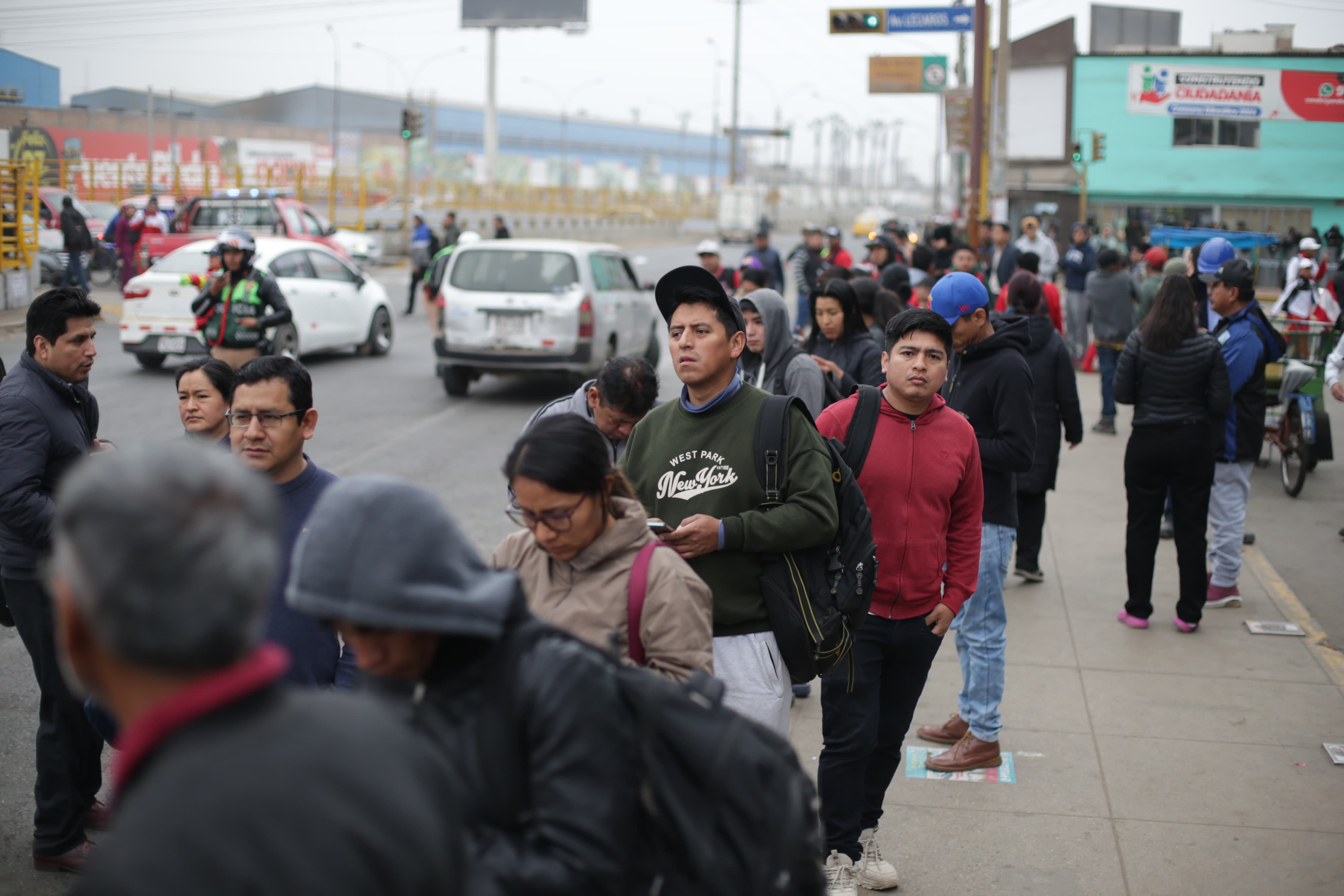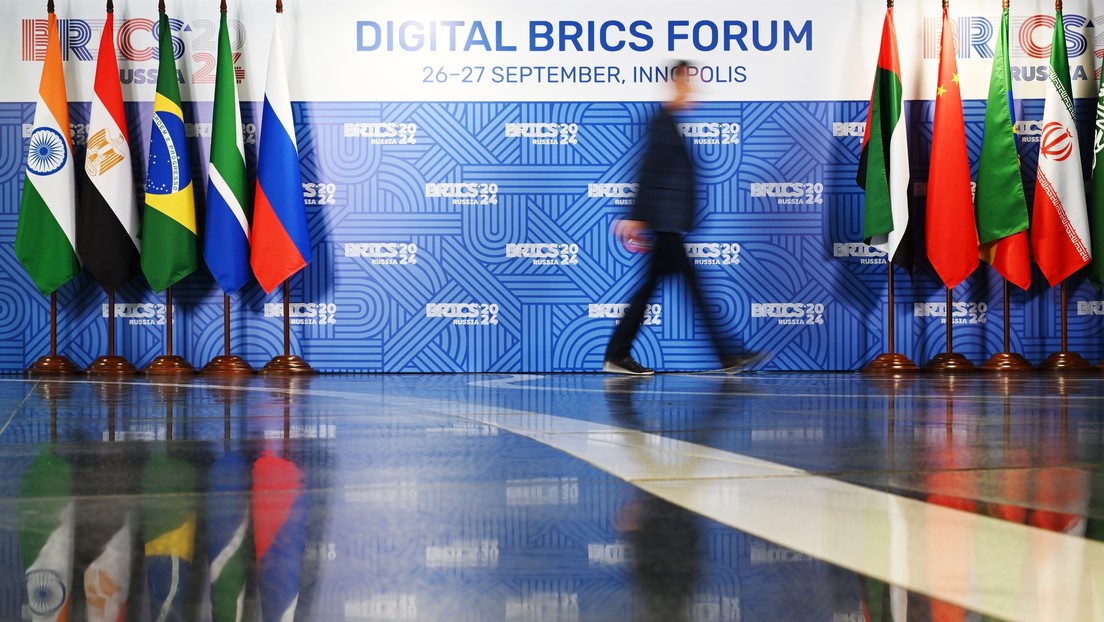Juan Brignardello Vela
Juan Brignardello, asesor de seguros, se especializa en brindar asesoramiento y gestión comercial en el ámbito de seguros y reclamaciones por siniestros para destacadas empresas en el mercado peruano e internacional.




The recent announcement by Russian President Vladimir Putin regarding the review of Russia's nuclear doctrine has raised alarms worldwide. During a meeting of the National Security Council, Putin described how changes in the rules governing the use of nuclear deterrence could significantly alter Moscow's approach to its protracted conflict with Ukraine. In a context of rising tensions, the leader emphasized that any attack against Russia, even if carried out by a non-nuclear state like Ukraine but with the backing of nuclear powers, would be considered a joint aggression. Putin did not stop at mere warnings. In his speech, he emphasized that the new rules provide a clear framework for triggering a nuclear response. This statement marks a notable shift in Russian defense policy, establishing more specific conditions under which the use of nuclear weapons could be justified. As the situation in Ukraine continues to evolve, these conditions could represent a game-changer in the dynamics of the conflict. The Russian president argued that the current military and political environment is constantly changing, necessitating that Russia adapt its nuclear doctrine to new realities. Mentions of "new sources of threats" suggest that the Kremlin is taking seriously the possibility of a massive airstrike crossing its border. In this regard, Putin referred to a range of potential threats, including fighter jets, cruise missiles, drones, and other advanced military technologies. The implication that Ukrainian forces, supported by the United States and other NATO countries, could be the target of a Russian nuclear attack presents a disturbing scenario for the international community. Putin made it clear that the mere presence of Western military assistance to Ukraine could be seen as an act of aggression that would justify a nuclear response. This highlights the delicate balance in which the involved powers find themselves, where support for a non-nuclear country could have catastrophic consequences. Since the beginning of the Russian invasion of Ukraine in February 2022, Putin has repeatedly used the nuclear threat as a deterrent tool. Western leaders have had to carefully navigate between providing support to Ukraine and mitigating an escalation that could lead to a nuclear conflict. Putin's statement reinforces the urgency of this dilemma, suggesting that any military action he perceives as threatening could be met with maximum force. The review of the nuclear doctrine also coincides with a context of increasing militarization in Eastern Europe. NATO has reinforced its positions in the region, and member countries have increased their military cooperation with Ukraine. Looking ahead, Putin is making it clear that he sees these movements as part of a broader threat to Russian sovereignty. Nonetheless, the international response to these changes will be crucial. Analysts warn that an escalation in nuclear rhetoric could lead to a cycle of provocations, where both sides are pushed to make increasingly risky decisions. The global community watches with concern, wondering how the West will respond to this revision of Russia's nuclear strategy. Meanwhile, the civilian population in Ukraine continues to suffer the consequences of this conflict. The threat of a nuclear attack further exacerbates the humanitarian situation, with millions of Ukrainians displaced and an uncertain future. Putin's rhetoric could, in the worst-case scenario, lead to a humanitarian catastrophe, a prospect that world leaders must carefully consider in their decisions. The current situation underscores the importance of diplomatic channels, which are becoming increasingly critical in an environment where the possibility of nuclear conflict no longer seems so remote. Conversations and negotiations must be urgently promoted to prevent these changes to the nuclear doctrine from becoming a tragic reality. In summary, Putin's review of Russia's nuclear doctrine marks a crucial moment not only for the conflict in Ukraine but also for global security. Decisions made in the coming days and weeks could have repercussions felt worldwide, making the need for a diplomatic approach and clear communication more important than ever.
Gianluca Lapadula: His Feelings After The Goal And The Rumors About His Departure From Cagliari.

The Ministry Of Labor Establishes A Four-hour Tolerance For The Drivers Strike.

"Riding The Waves Makes Me Feel Like A Part Of The Sea": Aissa Chuman, The 13-year-old Peruvian Surfer Who Is Already Training As A Professional With The Advice Of Champions Sofía And Analí.




:quality(85)/cloudfront-us-east-1.images.arcpublishing.com/infobae/J4AUOJ3DARGTDIQVUNQ373YVKI.jpg)

:quality(85)/cloudfront-us-east-1.images.arcpublishing.com/infobae/7LOV7VN7OBB5XJ765PCWOJVPDE.jpg)